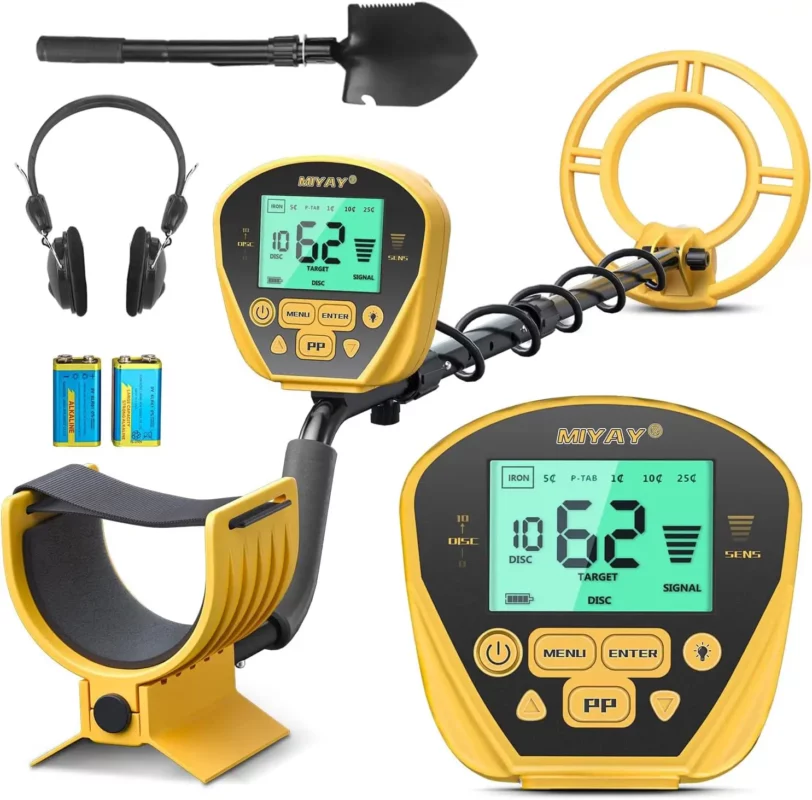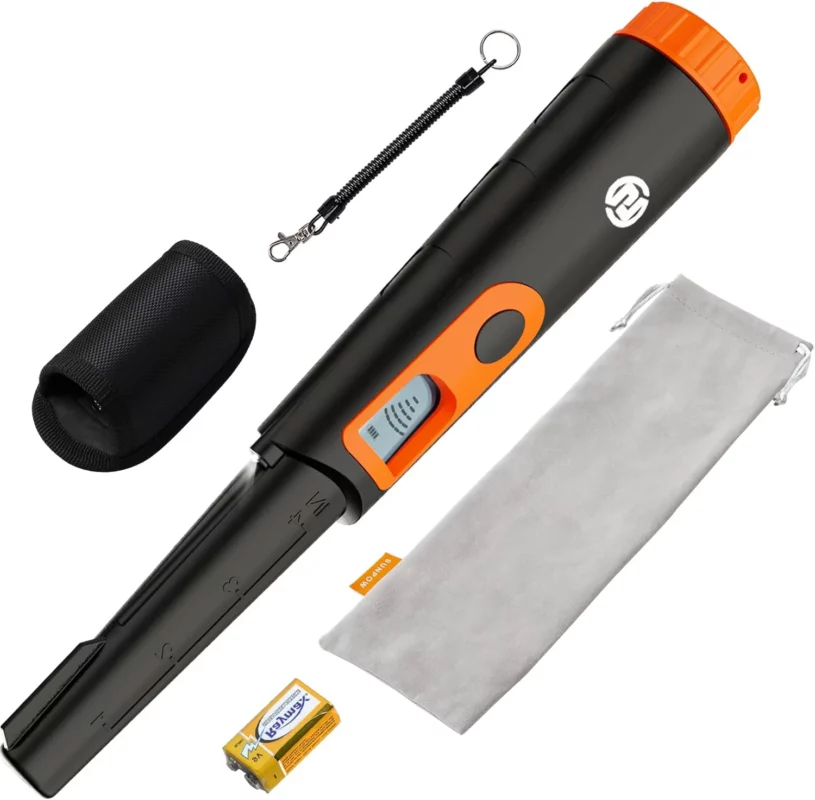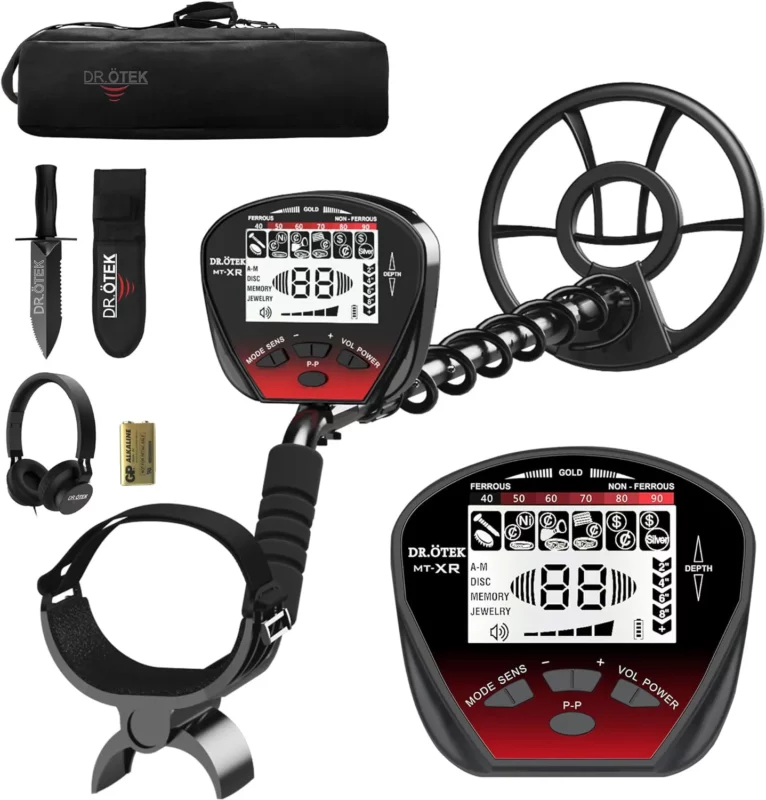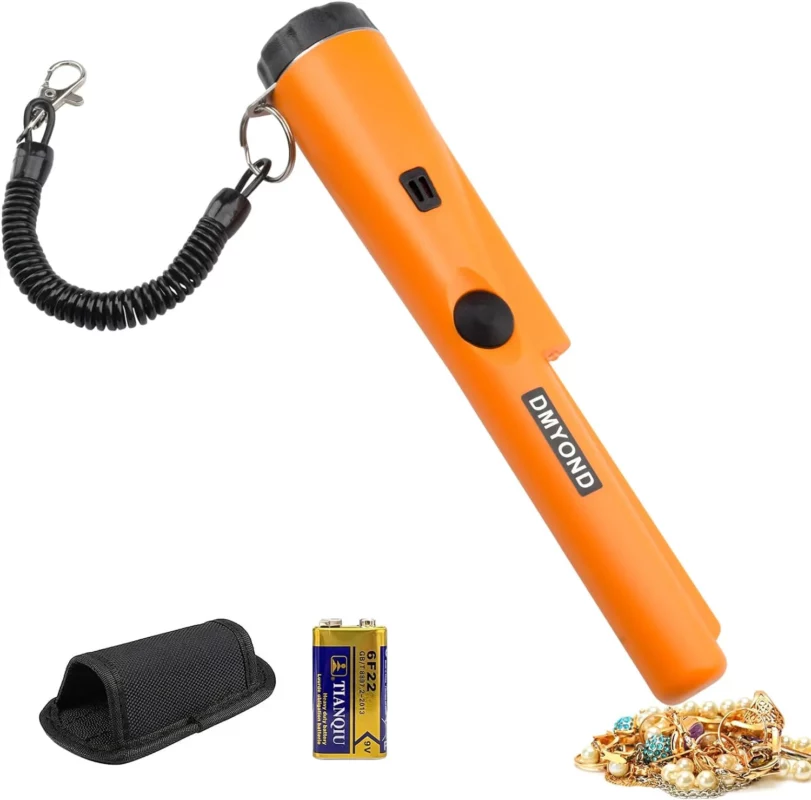Metal Detector Buying Guide
Welcome to my metal detector buying guide.
Metal detecting is a fascinating hobby that combines the thrill of discovery with a bit of historical sleuthing and outdoor adventure.
Whether you're searching for lost jewelry at the beach, uncovering historical relics in a field, or simply looking for coins at your local park, the right metal detector can make all the difference.
This guide is crafted to help both beginners and seasoned treasure hunters choose the perfect metal detector for their needs, featuring my personal picks and suggestions based on experience.
Understanding Metal Detector Technology
Before diving into the features of specific models, it's essential to understand the basic technology behind metal detectors:
3 Types of Metal Detectors
- Very Low Frequency (VLF): These are the most common detectors, which use two coils to identify metallic objects. They are versatile and good for differentiating between types of metals.
- Pulse Induction (PI): Ideal for saltwater and heavily mineralized environments, PI detectors emit powerful pulses and are excellent at detecting larger and deeper objects.
- Multi-Frequency: These detectors use multiple frequencies simultaneously to offer the benefits of both VLF and PI technologies.
Key Features to Consider
- Discrimination: Ability to differentiate between various types of metals, helping you avoid trash.
- Sensitivity: Adjusts the detector's responsiveness to metallic objects, which is crucial in areas with high ground mineralization.
- Ground Balance: Allows the detector to ignore interference from minerals in the soil.
- Search Coil Size: Larger coils detect deeper, while smaller coils provide more sensitivity to smaller objects.
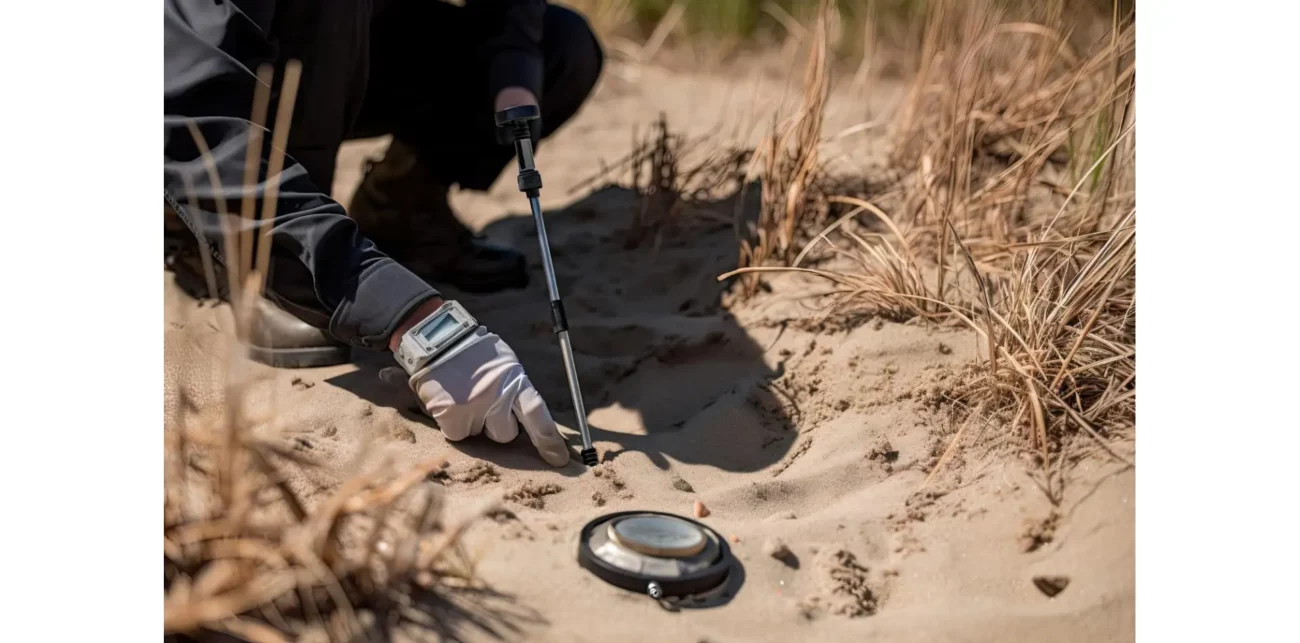
Choosing the Right Metal Detector
When selecting a metal detector, consider where you'll be using it and what you're hoping to find:
Where to Use Your Metal Detector
- Beaches: Look for a model with a waterproof coil and effective saltwater ground balance.
- Old Battlefields or Homesteads: A detector with good discrimination and depth capabilities will help unearth historical artifacts.
- Parks and Schools: A lightweight and portable model is ideal for frequent outings.
Features for Specific Needs
- For Beginners: Ease of use, basic discrimination settings, and preset ground balance.
- For Advanced Users: Adjustable settings, enhanced discrimination modes, and additional features like GPS or data logging.
5 Best Metal Detectors (My Personal Picks)
Additional Tips for Successful Metal Detecting
- Always Get Permission: Before detecting on private property, make sure to obtain permission from the owner.
- Know the Laws: Be aware of local and national regulations regarding metal detecting, especially in historic areas.
- Be Prepared: Carry extra batteries, a digging tool, a finds pouch, and appropriate clothing for the weather.
Conclusion
Choosing the right metal detector can significantly enhance your metal detecting experience.
By understanding the different technologies, considering your specific needs, and exploring personal recommendations, you're well on your way to making exciting discoveries.
Remember, the best detector is the one that fits your personal needs and helps you enjoy every moment of your treasure hunting adventures. Happy detecting!

